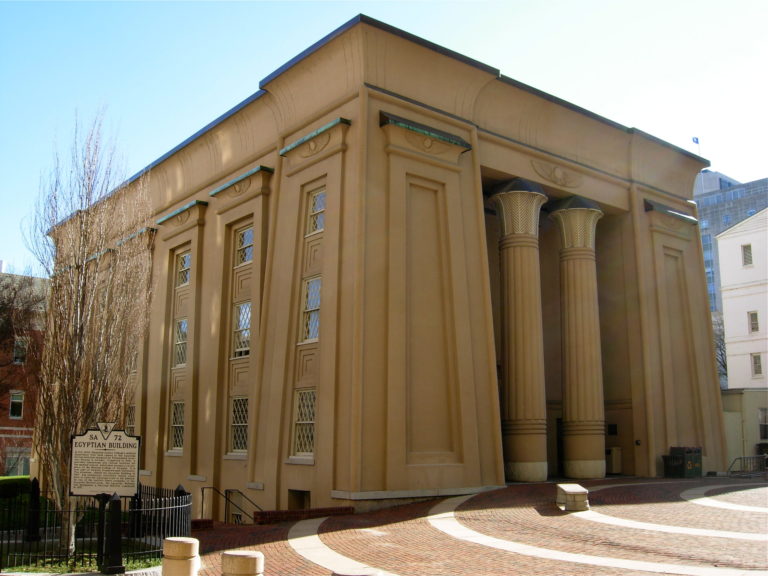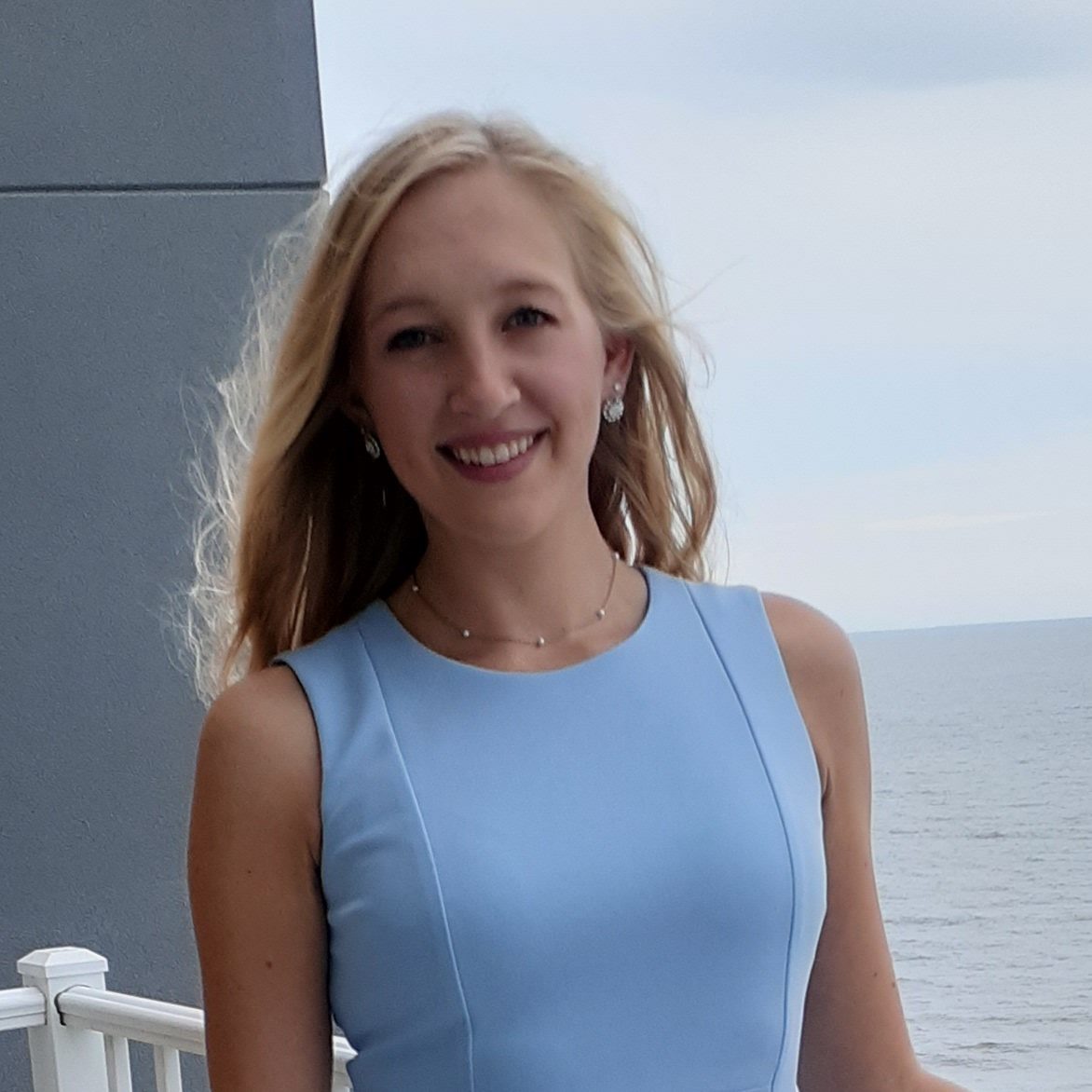
Tell us about yourself.
I am a Ph.D. candidate in psychology at Virginia Tech. As a clinical science graduate student, I conduct research related to trauma, stress, and interpersonal violence. As a student clinician, I work with clients in the community to deliver evidence-based assessment and treatment.
What is important to you about engaging with your local government?
In my field, I get to see firsthand the translation of research to clinical practice, as well as the barriers to practical implementation of scientific findings in the real world, such as accessibility and cost. I believe it is crucial for researchers to share their findings in an accessible way to policymakers and stakeholders to best inform policy surrounding mental health. Statewide government support for evidence-based treatments, as well as a commitment to addressing systemic barriers to care, can lead to greater accessibility, equity, and efficacy of mental health services.

Janey Dike
What did you do?
I noticed some of the setbacks to successfully creating and administering efficacious treatments, particularly for trauma-exposed clients and clients from marginalized groups. I also noticed that my research strongly benefited from my experiences as a clinician, and vice versa. Having the opportunity to translate my knowledge about clinical work across settings has been so important for my training and understanding of mental health services, and I wanted to learn more about how to expand this to the realm of science policy to boost access to care.
As my interest in advocating for trauma-informed, community-based, mental health supports grew, I began looking into science-policy resources and workshops. This led me to apply to the Commonwealth of Virginia Engineering & Science (COVES) Fellowship, where I was matched over the summer with the Department of Behavioral Health and Developmental Services (DBHDS) in Virginia, Division of the Chief Clinical Officer.
What happened?
While at DBHDS, I learned about the widespread implementation of Project BRAVO (Behavioral Health Redesign for Access, Value and Outcomes), an initiative to implement quality, trauma-informed, and feasible behavioral health services supported by science across Virginia. I also had an opportunity to review real-world data related to racial disparities and inequities in mental healthcare.
What did you get out of this experience?
Through this experience, I was able to better understand the goals and perspectives of government entities and to consider how scientists can best use their skill sets to communicate in a productive, feasible, and collaborative way. It was exciting to see how interested stakeholders were in using data to inform decision-making. My experience cemented my aspirations to help bridge the divide between science, practice, and policy, and to explore career options related to advising state and healthcare policy.